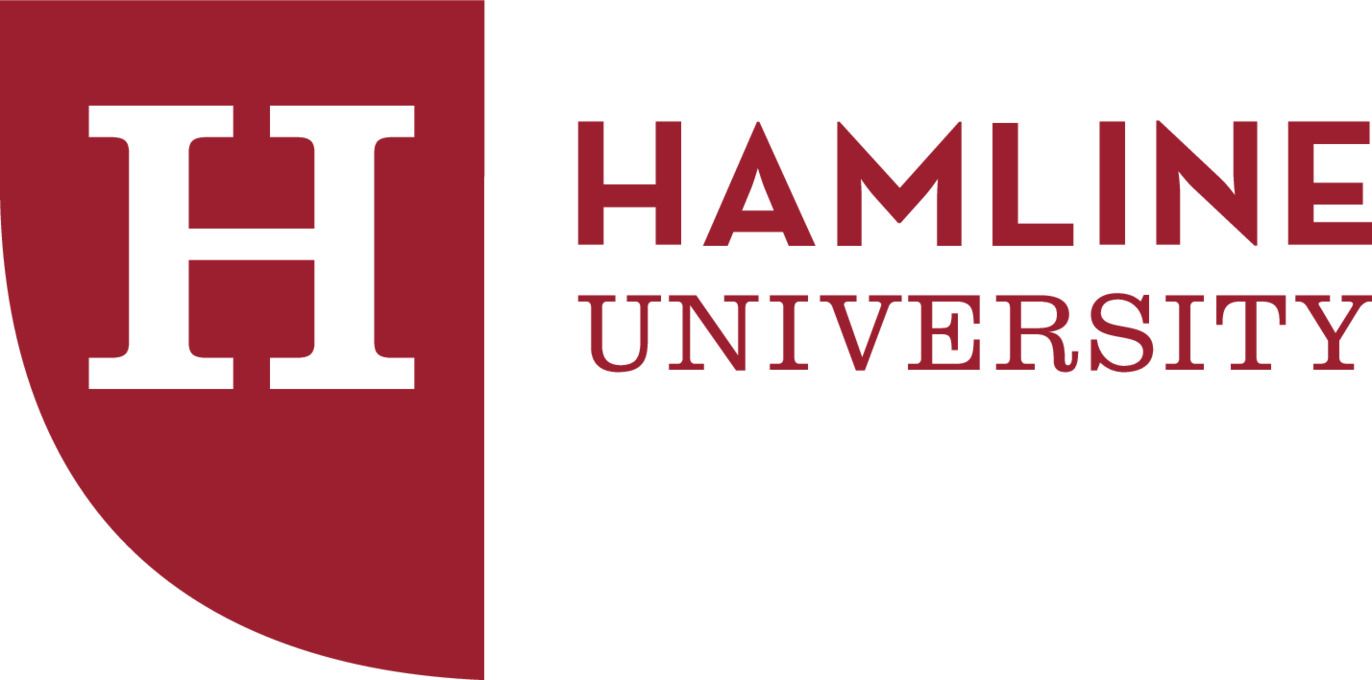- Portals
-
-
 Saint Paul, Minnesota, United States
Saint Paul, Minnesota, United States
-
Achievements
Latest feedback
Recent experiences
Introduction to Black Studies
ENG 3100
Hamline University’s Studies in and Across Cultures: Introduction to Black Studies course helps students understand the historical and present-day implications of racial injustice. Students critically examine the intersections of history, culture, and power structures, using their insights to address contemporary issues in partnership with Breakthrough Minneapolis, a nonprofit committed to advancing equity in education and The Red Door Clinic. The course also aims to strengthen students' collaboration, diversity, and problem-solving skills while developing strategies for social change.
Hamline University's Work-Integrated Learning Project - Early Access - Coming Spring 2025
Higher education has failed to keep pace with market forces and job-placement demands. This skills gap has widened due to the rapid advancement of technology and the increasing use of artificial intelligence. Now, more than ever, academic institutions must create course pipelines that support and advance the real-world work of community and industry partners. Hamline University's Work-Integrated Learning Project aims to bridge this skills gap by connecting community and industry partners to student learning. The aim is to help learners develop practical skills in areas such as data analysis, research methodologies, and ethical decision-making while enhancing their problem-solving capabilities. In turn, the output of community and industry partners will be enhanced through skills-based learning grounded in research, analysis, and critical reflection. “We are responsible for preparing our students for the opportunities that await and those they must create themselves.” F. Garvin Davenport Dean, College of Liberal Arts Hamline University Request to match now for an upcoming experience in Spring 2025! Note that not all projects will be matched immediately. If you need a project on a quicker timeline, please book some time to speak with our team to find another suitable experience.
Design Justice Project
ENCM 1980/3600
Hamline University’s Topics in Professional Writing and Rhetoric: Writing for Social Change course offers employers an innovative opportunity to collaborate with advanced undergraduate students dedicated to social change writing and advocacy. These interdisciplinary learners are skilled in critical media studies, professional writing, creative writing, and design justice work. They seek to apply their knowledge to real-world projects that challenge disempowering narratives and promote social change. The students are divided into Design Justice Teams charged with applying design justice principles to examine a design problem, ideate a solution, and develop prototypes with a historically sensitive ear to the ground. Ultimately, the course introduces students to an integrative framework for designing and implementing a historically sensitive, creative, human-centered, and mission-driven design solution ( social media campaigns, digital tools, or policy brief).
